A Conversation about Diversity, Equity, and Inclusion with GoMo Health Experts
A focus on diversity, equity, and inclusion (DEI) has moved to the top of the agenda across all industries including healthcare. Companies are establishing and hiring DEI-focused leadership positions and teams and implementing DEI-focused policies, but the question remains: is DEI just the newest phase, an industry buzzword or are organizations truly integrating these principles into the fabric of their culture and programs?
To start let’s define Diversity, Equity, and Inclusion:
- Diversity: understanding people’s unique backgrounds and environments
- Equity: empowering people outside of the treatment setting
- Inclusion: enabling people to have a voice and influence in their own care
Studies have shown that establishing a culture of DEI must begin at the top with objectives that align with each leader’s personal values. Authenticity, sincerity, and commitment are a few of the qualities that describe the outlook and actions of GoMo Health’s leadership to integrate DEI within our organization and programs. At GoMo Health, actions and results speak louder than words, and our programs have successfully engaged millions of underserved, vulnerable people of all backgrounds in rural and urban communities. Part of the reason for the success of our programs is our team of healthcare experts who authentically embrace the values of DEI.
A few shared their thoughts:
What does DEI mean to you, and why do you find it important?
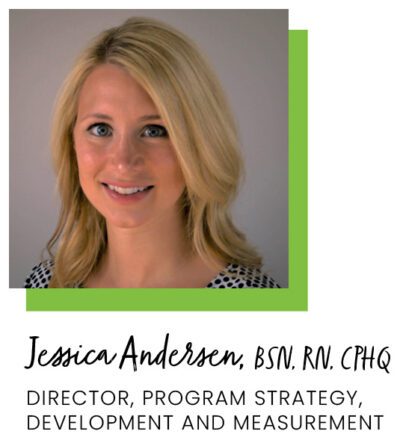
Diversity, equity, and inclusion is acknowledging all the ways people differ, including and valuing all individuals, and providing resources equitably based on needs. As John F. Kennedy once said, “a rising tide lifts all boats.” To me, DEI is the rising tide.
DEI has been a topic I have been personally passionate about addressing for many years, shaping how I approach work and the programs I help create. DEI means embracing and celebrating the differences between you and me and those around us. It’s about recognizing that we all come from different backgrounds, have unique experiences, and offer valuable perspectives that can contribute to a better world and health care system. Creating an inclusive environment where everyone can thrive is crucial to the successful integration of DEI within our organization, clients, and programs.
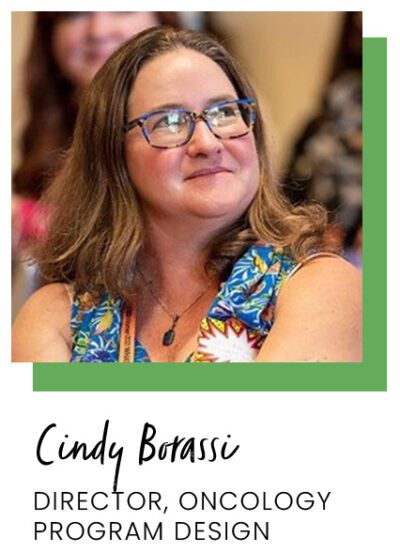
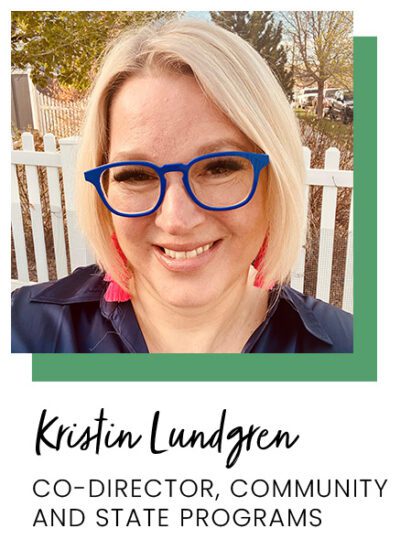
When I was 13, a baby died from tetanus in my living room. Children suffering from famine came in and out of my home. I was living in Chad, Africa at the time where my parents worked with a local public health effort. My commitment to DEI was born in those pivotal moments before the acronym existed. DEI is so important to me because NO ONE should needlessly die or suffer because of factors like colonialism, race, income, sexual orientation, gender, geography, education, age, or disability.
How does your role at GoMo Health contribute to advancing DEI?
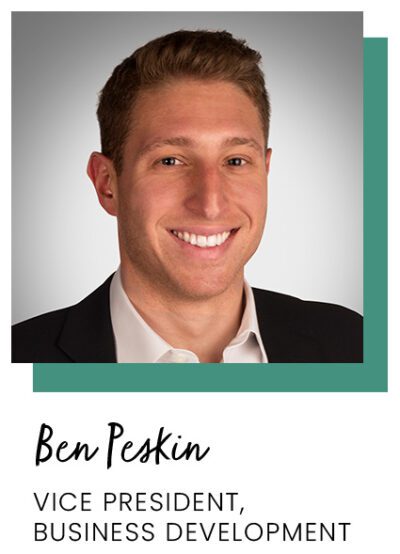
The business development team really takes the first step to promote diversity, equity, and inclusion by bringing our programs and solutions to clients worldwide. The more programs we deploy, the more patients, members, caregivers and employees who can be helped. Our unique ability to personalize communication to millions of end users ensures equitable, tailored engagement for remote health and wellness for everyone.
Good health is important for all, but not a priority for all as concentration for many vulnerable populations is on their basic day–to–day needs like food, housing, and heat. Building, delivering and promoting programs that help people attend to their social determinants of health through the use of digital technology ensures ALL people can move beyond basic needs and prioritize healthy living. Once this is accomplished, each person’s voice and influence over what they need and how they can best utilize it is essential.
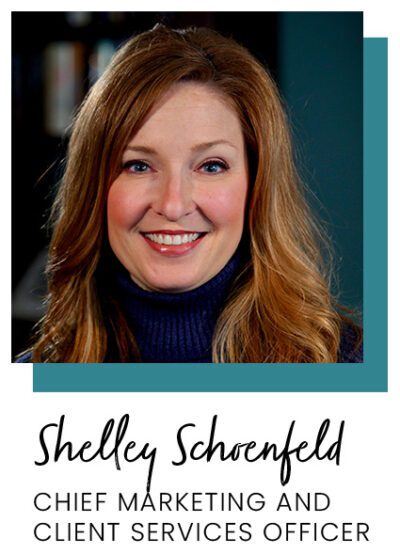

Strategy and content teams are integral to making sure each client’s programs align with DEI best practices at the deepest levels. From understanding the participant’s lived environment, experiences, and challenges through focus groups and surveys to stratifying programs based on risk factors and making sure that all program participants have access to resources and information best suited for them, every detail matters.
Tell us about a program you work on that showcases how digital therapeutics can help eliminate gaps in care and better serve vulnerable populations.
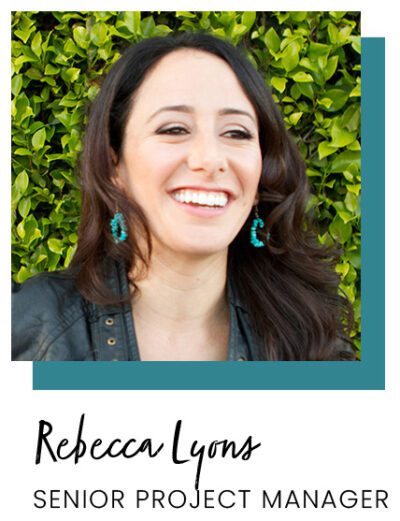
Mom’s Heart Matters is a program created to address the disproportionate risk of maternal mortality among Black moms in Georgia due to high rates of postpartum hypertension found among Black women and women of color. Ultimately, the program aims to advance health equity by creating a safety net for high-risk moms that integrates digital innovation and remote patient monitoring to tackle the social determinants of health by addressing access to care, cardiovascular health, medication management, mental health and substance use, breastfeeding, parenting, and reproductive health.
Our programs for people with developmental disabilities hit home for me. Having a nephew with autism, I see firsthand the challenges that are faced, both by the individual and their families, and I understand how frustrating it is for someone who is non-verbal to feel, think, and cognitively process, but not be able to express in a typical manner. Without a support system and proper intervention and therapies, the chances of a child with a developmental disability to experience optimal life experiences are slim. Our Early Intervention Concierge Program is a best-in-class example of how to reach families and caregivers and provide access to the support and services they need to manage the care of their loved one.


Recovery Pathways, a behavioral health treatment program, is a powerful example of commitment to advancing DEI in healthcare. Racial and income disparities in the criminal justice system are well documented. The Recovery Pathways program was created for individuals sentenced to Treatment Courts to give them the tools to successfully navigate their road to recovery and re-enter society. Stand out features of this program:
- ACCESS. A very important piece of the puzzle for underserved populations and communities is that they do not typically have the same access to medicine and medical staff that come with privilege. The Recovery Pathways program provides a personalized digital concierge that accompanies a client at all times via simple text messaging. One example of this is the program’s bi-directional messaging capabilities that allows users direct access to support in their moment of need including escalation to clinical staff based on participants’ responses.
- EMPOWERMENT. Typically, in healthcare, the individual is invisible to the system once they leave their “appointment.” Power is weighted with the provider while the onus is on the client to reach out when needed. Recovery Pathways flips this power dynamic by initiating communication and making it easy for clients to engage daily or as frequently as needed. When clients start to believe they have influence over their care plan and health because they actually DO, it’s game-changing.






Find Us Online